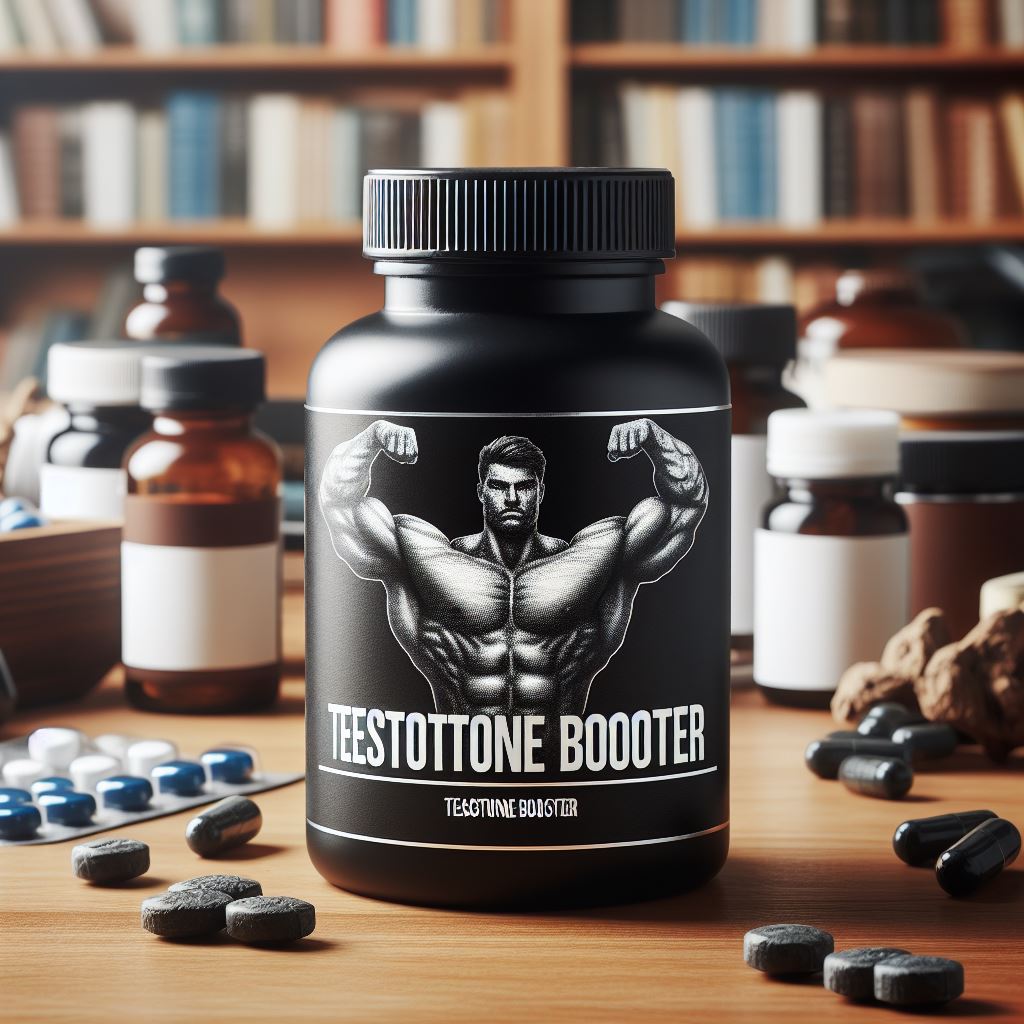

Embark on an educational journey exploring the Shilajit’s Impact on Testosterone levels in men. In the realm of traditional medicine, Shilajit, an ancient herbal substance, gains recognition for its mysterious yet scientifically intriguing properties. Delving into its secrets, this blog unravels the evolving scientific landscape surrounding Shilajit, shedding light on its myriad health benefits for men and its specific role in influencing testosterone levels. Join us in understanding the profound effects this enigmatic substance has on both the physical body and the mind, standing the test of time as a key player in men’s health.
Before we dive into the research findings, let’s take a moment to appreciate the multifaceted nature of shilajit. Derived from plants and organic matter trapped by layers of rocks over millions of years, shilajit is renowned for its composition rich in over 85 natural ionic minerals, fulvic acid, humic acid, and vital phytonutrients. This unique blend contributes to its antioxidant, anti-inflammatory, adaptogenic, and immunomodulatory properties.

Among the many health benefits attributed to shilajit, researchers have increasingly focused on Shilajit’s Impact on Testosterone levels – a hormone vital to various aspects of men’s health. While it’s crucial to acknowledge that ongoing research requires further exploration, some studies have suggested intriguing connections between shilajit and testosterone-related benefits.
Studies have explored shilajit’s role in enhancing spermatogenesis, the process of sperm production. Reproductive wellness is intricately linked to sperm health, making any natural substance that positively influences this process a subject of great interest.
Shilajit has been associated with improvements in physical performance. This aspect is noteworthy as physical fitness often correlates with overall health, including hormonal balance. The positive impact on physical performance raises questions about shilajit’s potential benefits beyond reproductive health.
Shilajit’s adaptogenic nature adds another layer to its potential influence on hormonal balance. Adaptogens help the body adapt to stress and maintain equilibrium. Considering stress’s impact on hormonal health, particularly testosterone levels, shilajit’s adaptogenic properties make it a compelling subject for continued investigation.
As we navigate through these research findings, it’s essential to maintain a balanced perspective. While early studies suggest a potential link between shilajit and testosterone-related benefits, further research is needed to establish definitive conclusions and unravel the underlying mechanisms.
In addition to considering Shilajit, there are several other things you can do to naturally boost your testosterone levels:
Recognizing the intricate link between body weight and hormonal balance, particularly testosterone levels, is crucial. Excessive body fat is implicated in the conversion of testosterone to estrogen, disrupting hormonal equilibrium and posing health risks. Thus, maintaining a healthy weight is vital not only for aesthetics but also for hormonal optimization. Embracing a lifestyle with regular exercise, a balanced diet, and mindful choices supports a healthy weight, fostering physical well-being and hormonal harmony in a concise and impactful manner.
Prioritizing a nutritious diet is vital for overall well-being. Incorporate diverse, nutrient-rich foods like fruits, vegetables, and whole grains into daily meals for numerous health benefits. Fruits offer natural sweetness and antioxidants, bolstering the body’s defense mechanisms. Vibrant vegetables provide essential nutrients for optimal bodily functions, while whole grains like brown rice and quinoa supply sustained energy and digestive support. Consistently choosing these wholesome options nurtures the body, fostering a healthier, vibrant lifestyle for long-term well-being.
Regular exercise, especially emphasizing strength training, significantly boosts testosterone levels, playing a pivotal role in overall hormonal balance. Activities like weightlifting and resistance workouts stimulate increased testosterone production, benefiting muscle mass, bone density, and overall well-being. Committing to consistent exercise, integrated as a fundamental part of daily routines, is a proactive approach to optimizing hormonal health. This ensures a balanced and thriving lifestyle, emphasizing the importance of regular strength training for sustained well-being.
Neglecting sleep may undermine more than just your energy levels; it could compromise testosterone, a key hormone for vitality. Research reveals a direct link between sleep deprivation and decreased testosterone production. The remedy? Prioritize quality sleep to safeguard this crucial hormone. By acknowledging the profound impact of adequate rest on your hormonal balance, you’re taking a proactive step towards a healthier, more vibrant life. It’s time to unlock your potential by embracing the power of rejuvenating sleep.
In the demanding landscape of modern life, chronic stress emerges as a silent antagonist, with repercussions extending to hormonal balance. Notably, research highlights a direct link between prolonged stress and diminished testosterone levels. The stress hormone cortisol, released during chronic stress, disrupts the delicate hormonal equilibrium, leading to decreased testosterone production. To safeguard our well-being, integrating stress-management practices like mindfulness, meditation, exercise, and sufficient sleep becomes crucial, offering a proactive approach to sustaining optimal testosterone levels and overall health.
In closing our journey into the potential impact of Shilajit on testosterone and men’s health, we acknowledge the captivating interplay between science and tradition. Shilajit’s rich composition unveils a promising avenue for hormonal balance, although ongoing research is essential for concrete conclusions. Complementing this exploration are lifestyle practices—maintaining a healthy weight, a nutrient-rich diet, regular exercise, quality sleep, and stress management—all contributing synergistically to hormonal harmony. As we navigate this evolving landscape, embracing a holistic lifestyle that intertwines the wisdom of nature with evidence-based practices becomes paramount, offering a roadmap to sustained vitality and well-being in the intricate tapestry of men’s health.
Discover the transformative power of Shilajit, carefully sourced and curated for your vitality. Embrace a journey of holistic health with nature’s rejuvenating essence. Elevate your well-being with Xomoashro.